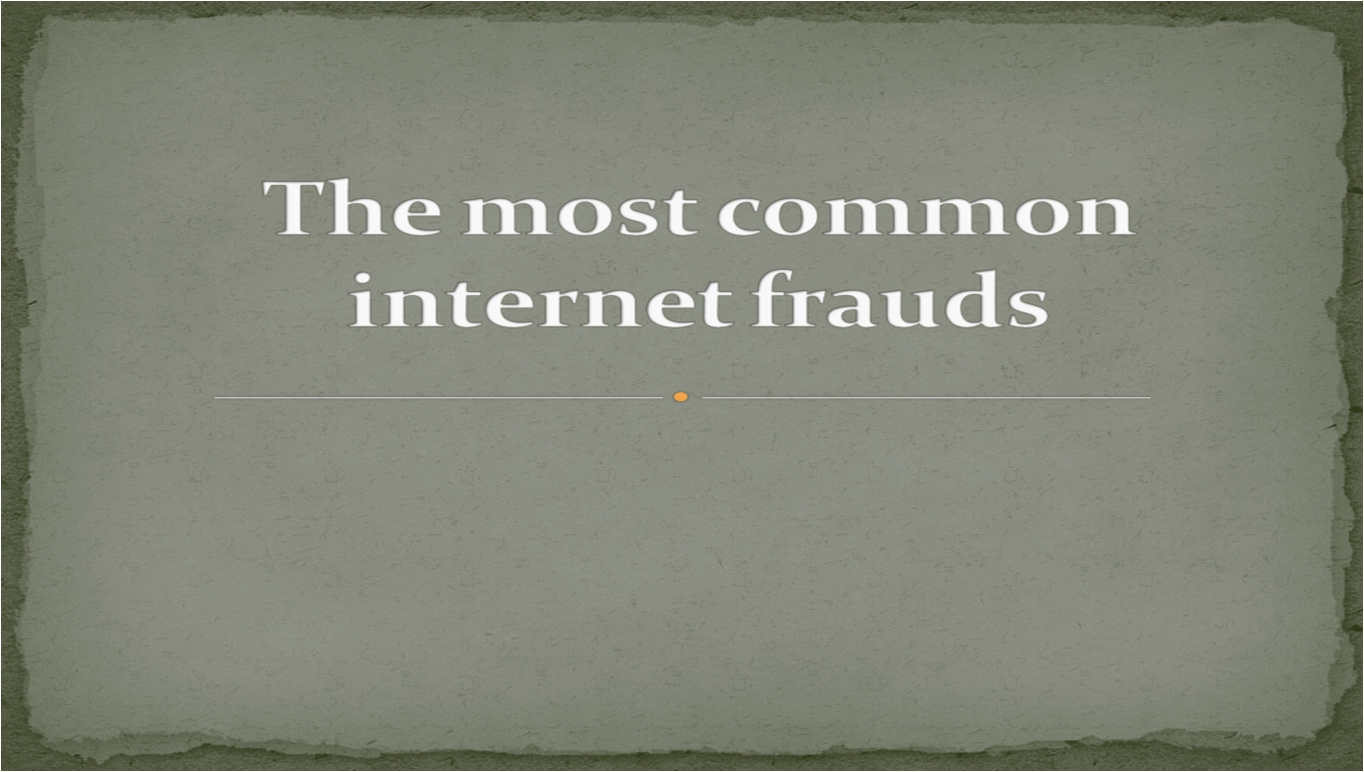The most common internet frauds

source: own elaboration
Although we usually hear about online fraud in the context of the theft of personal data of private individuals, this doesn’t mean that online business frauds are rare. On the contrary, it is estimated that 20 to 33% of marketing budgets are globally wasted due to online fraud, and the majority of online advertising companies have fallen victim to it at least once. Let us add that these statistics cover only detected fraud, and their huge amount remains unidentified. Which online fruds are the most common?
Google Ads Click spamming
Paid Google ads (formerly Google Adwords) are a very popular form of internet marketing in which the advertiser pays for clicks or impressions. Companies using them are particularly vulnerable to Click spamming on ads. These scams rely on fraudulent clicks on sponsored links, which can expose the advertiser to enormous costs and reduce the effectiveness of its marketing campaigns. Such fraud is often committed by dishonest competitors - both small, local business owners and large international companies. Thanks to this, the scammer can expose the advertiser to financial losses, and even attract his customers (for example, by click spamming the whole Google Ads budget or buying keywords used by competitors). Companies that professionally click spam on ads can be found online, a few years ago one of them offered their services (called Adwords Killers) via Allegro.
Affiliate frauds
Frauds in affiliate marketing, based on the operation of affiliate programs, are also common. Affiliate program is a platform on which advertisers pay publishers for acquiring potential customers. Settlements take place in several models, depending on which activities the advertiser expects - they can pay for click, lead (i.e. a completed contact form or potential customer data), display, sale or other action. Unfortunately, many publishers are fraudsters who "counterfeit" actions by doing them themselves or using false data to trick advertisers into large sums. It can happen that fraud isn't only committed by the publisher, but the entire affiliate network. The most common examples of affiliate frauds are the delivery of fake clicks and leads, the generation of artificial impressions, downloads, and even sales or unlawful data transmission.
Click farms
Located mainly in countries experiencing high unemployment (such as China, India, Nepal, Indonesia, Sri Lanka, Egypt, Philippines, Bangladesh, Mexico, Iraq and some Eastern European countries) click farms are one of the best known types of online fraud. They enable companies (and individuals) to buy wholesale quantity of clicks, likes, ratings, comments or views at very low prices (for example, a few dollars for 1000 clicks). They can be used to harm competition (click spamming on ads, adding negative ratings, etc.) or to boost your own statistics, for example on social media such as Facebook, Instagram, Twitter and YouTube. They can have a huge range - in 2017, a click farm was discovered in Thailand, consisting of 500 smartphones connected to 350,000 SIM cards and 9 computers.
BOTs and BOTnets
Created to improve human work, BOTs, also known as internet robots, are applications that automatically perform certain tasks assigned to them. Most internet traffic now comes from them. However, BOTs are not only very often used business solutions (for example in the process of customer service, data collection and analysis etc.) - their usefulness was quickly appreciated also by fraudsters. There are many varieties of bad BOTs responsible for many forms of internet fraud, but the most popular are:
-
Spam BOTs, flooding email inboxes with massive amounts of unwanted advertising material,
-
Internet robots stealing information about websites or their users (e.g. email addresses from contact forms, logins and passwords from login pages, etc.),
-
Registration BOTs using false or unlawfully obtained data to create fake accounts on other sites,
-
Website scrapers - Internet robots, which copy content from websites and then use it on other pages,
-
Fraud BOTs, used by affiliate scammers, to generate false manifestations of activity (such as clicks, registrations, le, etc.) and inflate reports sent to advertisers,
-
self-propagating Zombie BOTs dangerous for all Internet users, i.e. malware that attacks the hardware and gives control to its creator, and sometimes even connects it to the network of infected devices, called BOTnet,
-
the above-mentioned groups of equipment connected to the cheater's central server, called BOTnets, which can consist of thousands of BOTs and can be used to carry out DoS attacks or other internet "scams" on a large scale.
The Internet frauds mentioned above are just the tip of the iceberg - because most online scams probably remain undetected. Protection against this type of phenomena becomes even more important. The solution chosen for this purpose should deal with online fraud in a holistic way, unfortunately, due to the high level of complexity, there aren't many specialists in this field. The experts employed at TrafficWatchdog daily protect dozens of small and large businesses from online frauds, write to us and check how we can help you protect your business.

